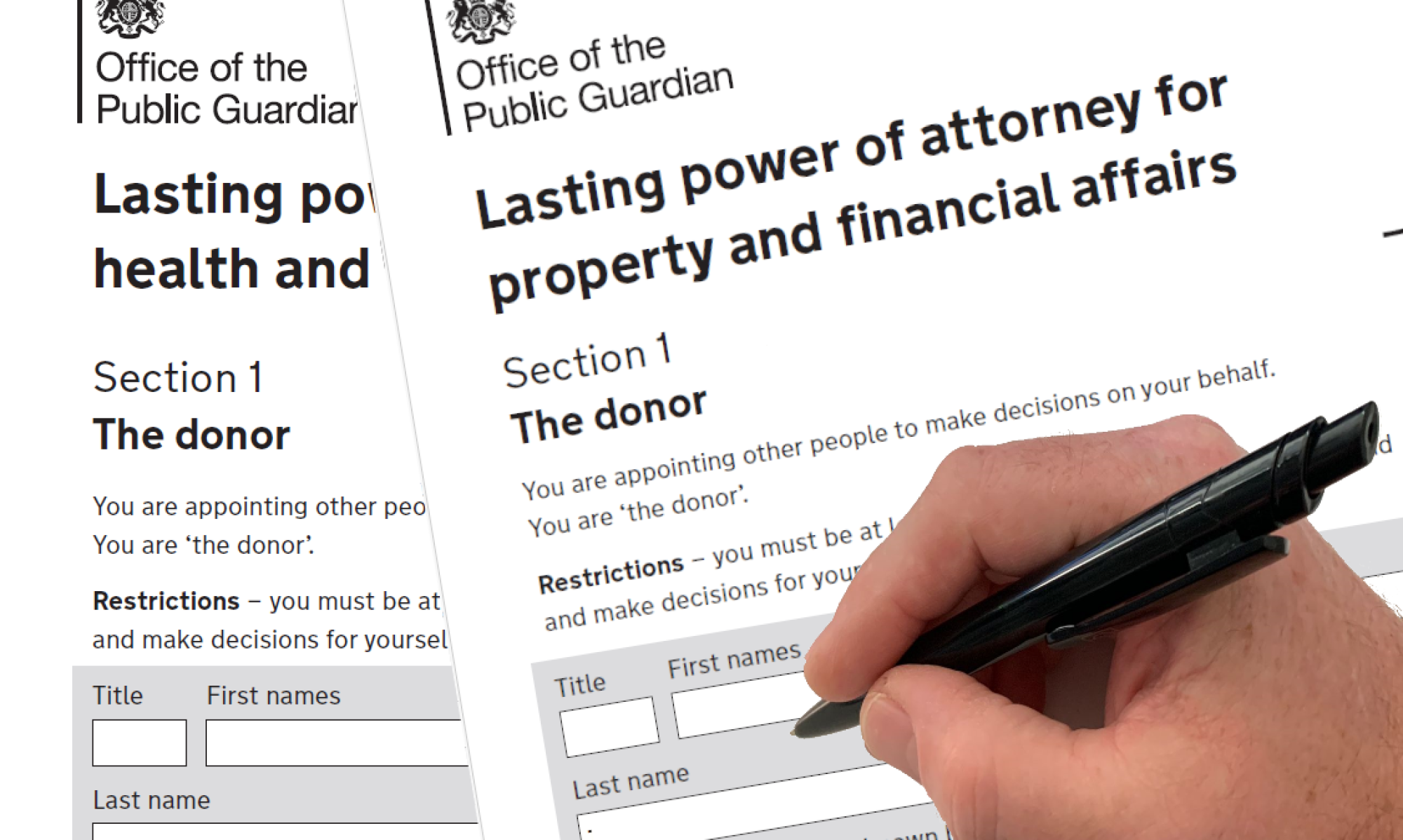A Lasting Power of Attorney (LPA) is a crucial legal document that allows someone to appoint one or more people to make decisions on their behalf, should they lose mental capacity. The LPA ensures that individuals can have trusted persons manage their financial or health-related matters if they are unable to do so themselves.
There are two types of LPAs:
Health & Welfare LPA
This allows attorneys to make decisions about healthcare, medical treatment, and living arrangements, in case the donor is unable to make those decisions themselves.
Property & Finance LPA
This allows attorneys to make decisions about managing financial affairs, such as paying bills, handling bank accounts, or selling property.
The LPA is governed by the Mental Capacity Act 2005 (MCA) and must be registered with the Office of the Public Guardian (OPG), which ensures that the document is valid and enforceable. The OPG provides guidance and resources, including the ability to register and manage LPAs, through their website.
If you are creating an LPA, it’s important to note that it applies specifically to England and Wales. LPAs may not be recognised or enforceable in other countries, including Scotland and Northern Ireland, as they have their own legal frameworks for similar purposes.
The person who creates the LPA is called the donor, and the people appointed to make decisions for the donor are called attorneys.
For more information, you can visit the OPG website:
https://www.gov.uk/lasting-power-of-attorney
Other forms of Power of Attorney
- Enduring Power of Attorney (EPA) for financial decisions only although these were discontinued in 2007 any existing EPAs are still valid.
- Ordinary Power of Attorney (OPA) for financial decisions only, these are only valid whilst you have mental capacity. They are generally used to make things easier for you if you find it difficult to get to the bank or post office.


